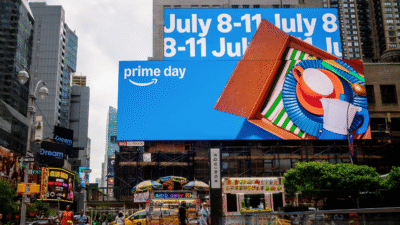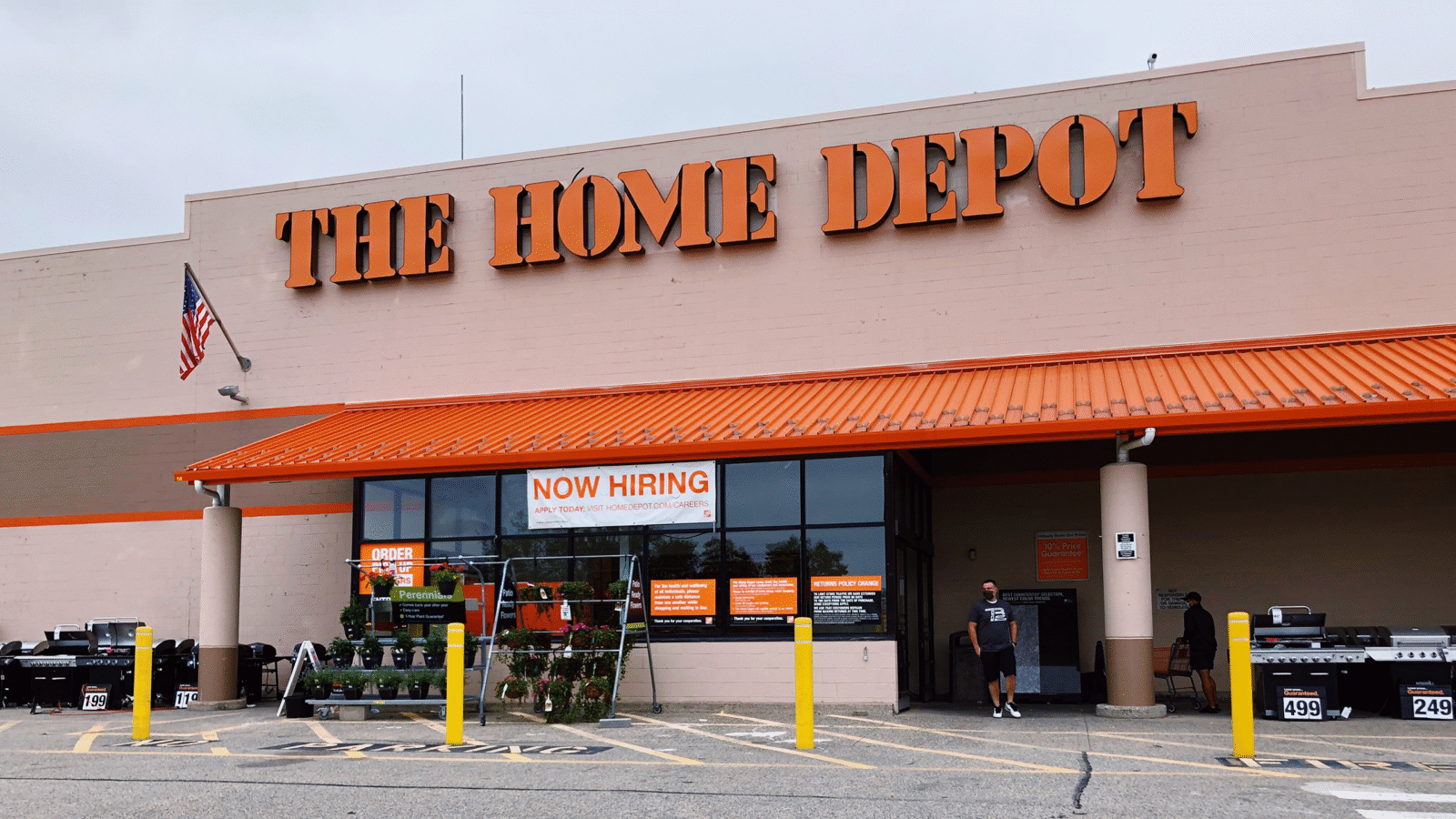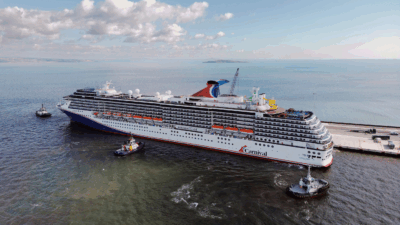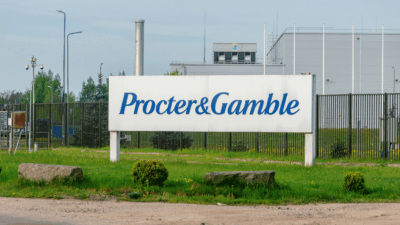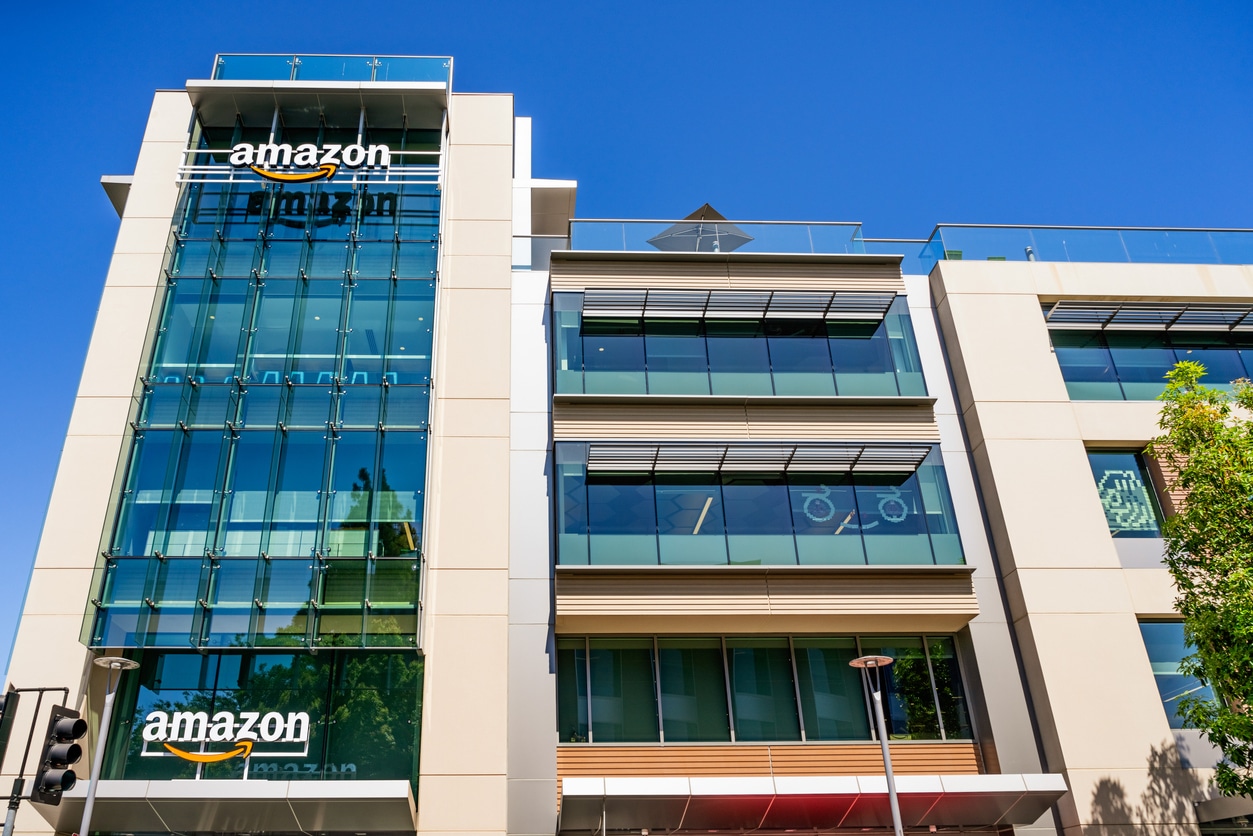
Sign up for smart news, insights, and analysis on the biggest financial stories of the day.
SPACs. Crypto. NFTs. IPOs. It’s time to add yet another item to the list of hot business trends from 2021 that have all but died out through the first nine months of 2022: Amazon aggregators.
The business practice of acquiring companies who complete most of their business as third-party Amazon sellers and rolling them up into one big house rode Amazon’s soaring ecommerce coattails last year. Now, it seems these aggregators may have bought off more than they can chew.
We-Commerce
Interested investors backed these startups to the tune of $12 billion last year, hoping to help aggregators snap up more and more sellers, and, theoretically, achieve efficiencies of scale in inventory management and marketing spending. But the ecommerce landscape has completely changed. Brick-and-mortar retail growth outpaced ecommerce growth in 2021 for the first time since the inception of online shopping, and net product sales on Amazon decreased from $58 million in Q2 2021 to $56 million in Q2 this year — “Everyone has bought their bread baking machines,” Riccardo Bruni, co-founder of the aggregator Heroes, told the Financial Times.
Making matters worse is the increasing costs of selling through Amazon. The ecommerce gatekeeper has hiked seller fees by more than 30% since 2020, and instituted a 5% fuel surcharge on deliveries fulfilled by its in-house logistics network. The cumulative effect has been to dampen the mood on all sides of the aggregator equation:
- Aggregators this year have secured only a touch over $2 billion overall, down from last year’s $12 billion, the bulk of which came in the first three months of the year — before Russia invaded Ukraine, rapid inflation, and the massive tech stock selloff. “The private market almost shut down,” Bruni told the FT. “For a certain period of time access to capital became impossible.”
- With little funding, aggregators have barely been able to acquire new sellers this year — industry sources tell the FT that fewer than ten of the several dozen largest aggregators are continuing to acquire new sellers. Last year, aggregators were willing to take on debt — at times with 18% interest rates — just to complete acquisitions, some of which were completed at multiples around 7-times higher than sellers’ adjusted EBITDA.
Aggregation Consolidation: One possible salvation for beleaguered aggregators, according to FT sources: consolidation. That’s right the M&A aggregators may wind up aggregating themselves. Those efficiencies of scale must be out there, somewhere.


